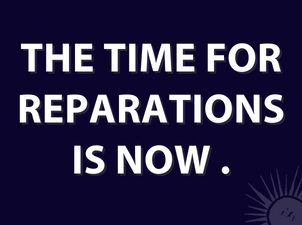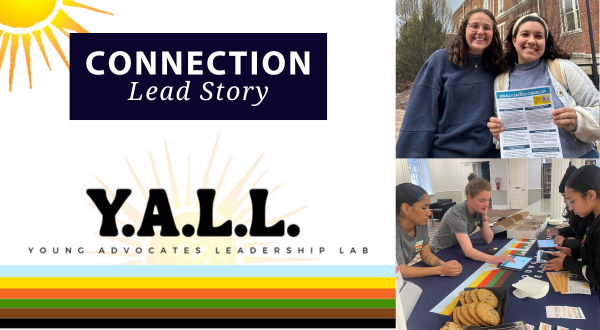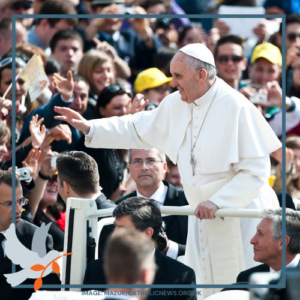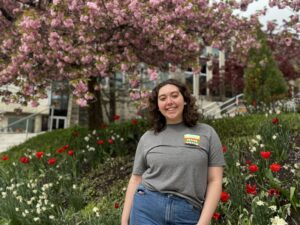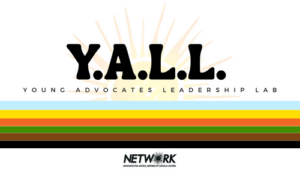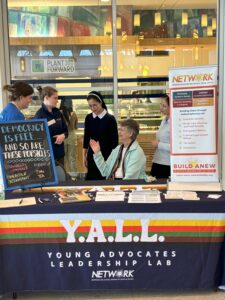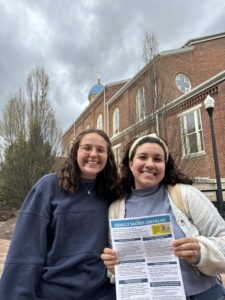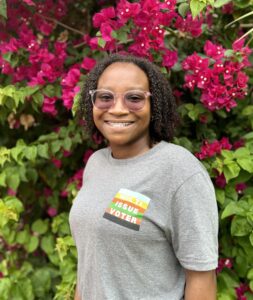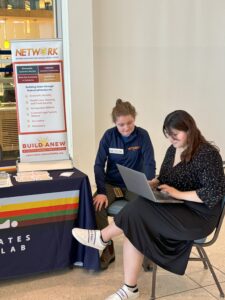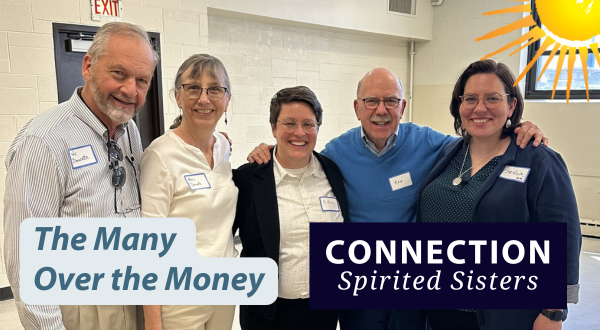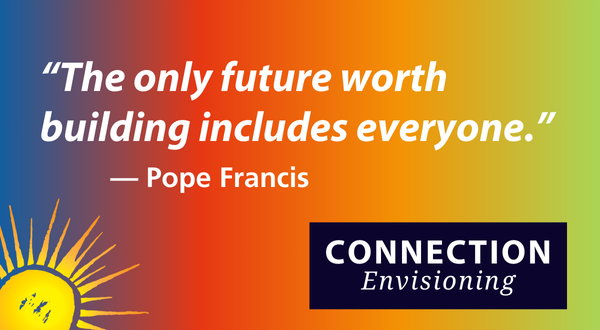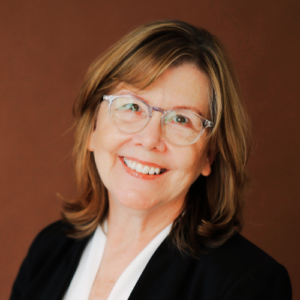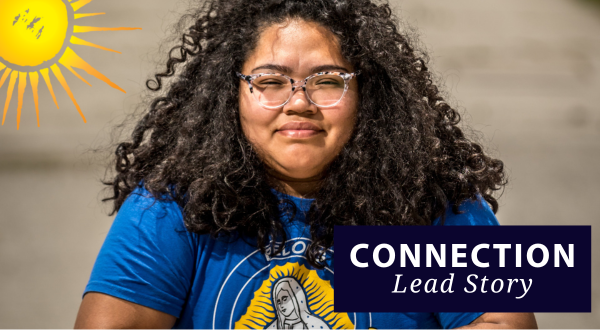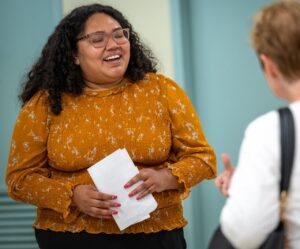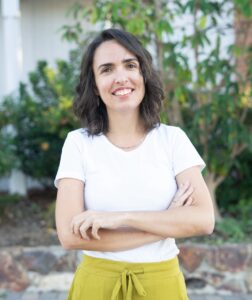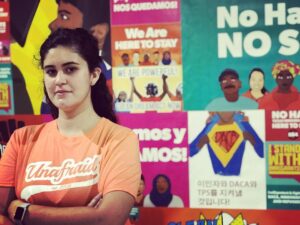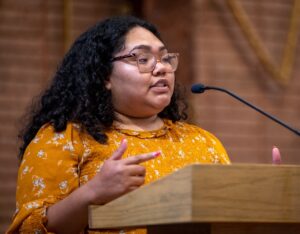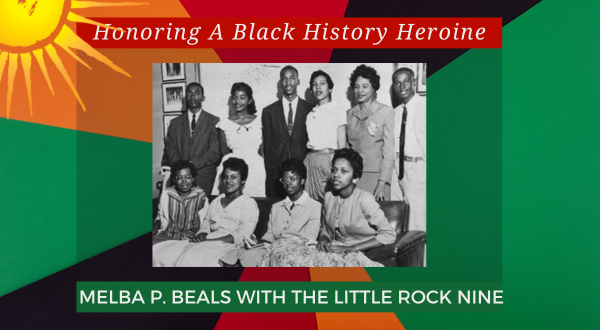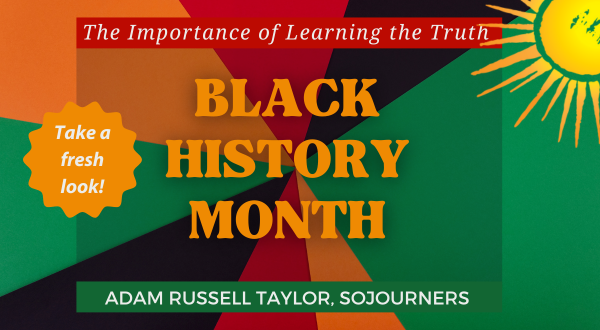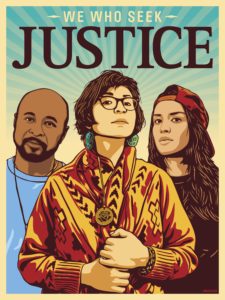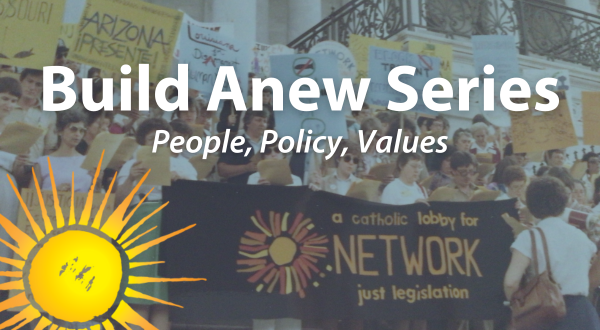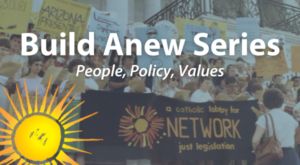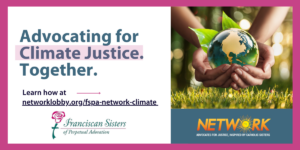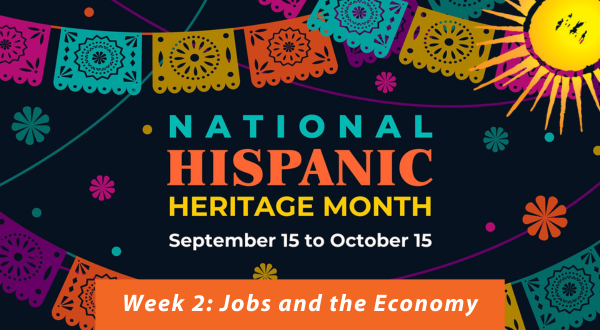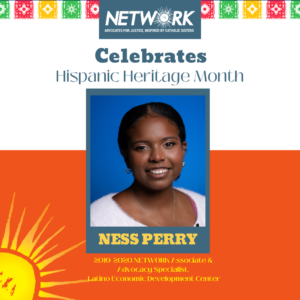Juneteenth 2025: Black Liberation Demands Truth
Min. Christian S. Watkins, Government Relations Advocate
June 18, 2025
“We cannot tolerate or turn a blind eye to racism and exclusion in any form and yet claim to defend the sacredness of every human life.” — Pope Francis
I grew up before Juneteenth was a federal holiday; it was a cherished time for family reunion. Kinfolk from all over Texas, northern Louisiana, and other cities of the U.S. Black diaspora would come together. I remember the BBQ and the trail rides, the laughter and love celebrated amongst each other — even as we slaughtered each other at the dominoes or spades tables — all culminating in communal worship at the closest family church. I never knew that people outside of Texas didn’t know what Juneteenth was, let alone had the blessing to celebrate family, safety, and survival as we did.
Some of my fondest memories were cultivated at Juneteenth reunions, and they planted in me strong values of freedom, solidarity, and community. Even though many don’t gather and celebrate as families from diverse areas now because we’re mainly struggling to make ends meet and survive daily challenges, the values are still deeply rooted within.
No matter our color, zip code, or what’s in our wallets, we all want to live in a nation where every person is treated with dignity, where families can thrive, and where truth shapes justice. That vision is sacred—and it’s one Black Americans have long fought to bring into being.
This Juneteenth, NETWORK Lobby for Catholic Social Justice joins the celebration of Black liberation and resilience in the United States. We honor the ancestors whose lives were sacrificed and those who survived the chains of slavery, the freedom fighters who defied Jim Crow, and the generations of movement builders who continue to press forward in bending the long moral arc more toward justice. And today, we are grateful for the fierce advocacy and legislative efforts of Reps. Ayanna Pressley, Summer Lee, Hank Johnson; Sen. Cory Booker; and others. Together with our communities, they are continuing to push for Reparatory Justice and carrying forward the legacies of the late Reps. Sheila Jackson Lee and John Conyers. The congressional briefing on May 13th on “Why We Can’t Wait: Advancing Reparative Justice in Our Lifetime” was a testament to the collaborative efforts to make justice happen. Their individual and collective work over decades has won rights and protections that uplift all of us. (See below to learn more about current reparatory justice legislation.)
But full freedom has never been fully delivered. Our celebration is not complete without a call to action. Juneteenth is not only a commemoration of delayed freedom, but also a demand for complete freedom. And complete freedom requires truth-telling and repair of past harms, and a commitment to present and future equity.
A Juneteenth Commitment to Truth and Repair
For over 150 years, many lawmakers have chosen policies that have denied Black Americans the full promises of emancipation. Economic justice, political equality, and social dignity were promised—but never delivered. This Juneteenth, we recommit to changing that.
The Urgency in 2025: Threats to Our Freedoms and Black Dignity Today
Some politicians, including the current Administration, are working to divide us by race and distract us from their true agenda: hoarding power and wealth while cutting off our communities from what we need to thrive. By targeting Black communities, these lawmakers weaken our whole country.
Since January 2025, the Trump administration has engaged in:
- Civil Rights Erosion and Equity Rollback: President Trump’s Executive Order 14151 has abolished federal diversity, equity, and inclusion mandates, while key civil rights enforcement arms in agencies like Education and HUD face debilitating cuts, revoking decades of equity progress.
- Defunding of Essential Services: The Administration’s budget proposals slash funding for HUD by 43%, dismantle Head Start programs, and eliminate public housing support—threatening Black families, single mothers, elders, and children across the country.
- Economic Assault: In addition to HUD disruption, education and health programs face devastating cuts, displacing families and widening the racial wealth gap.
- Police Accountability Reversals: Consent decrees and oversight agreements in cities like Minneapolis and Louisville have been canceled, signaling a retreat from justice for George Floyd, Breonna Taylor, and so many others.
- Public Servants Purged: President Trump has arbitrarily removed over 130,000 public servants—many of them Black, Brown, and women— for not passing ideological loyalty tests. This undermines decades of equity in hiring and workforce stability, and ruins the livelihoods of thousands of workers.
- Environmental Racism Neglect: The Trump administration has gutted the EPA’s environmental justice initiatives, despite overwhelming data showing that polluting corporations deliberately build toxic facilities in Black communities, polluting their air, water, and land.
- Cultural Suppression: Artists are being surveilled and prosecuted for their speech, while courts strip away protections from state violence.
These attacks harm everyone, but especially the dignity, freedom, and futures of Black communities. They are not just policy differences—they are a systemic assault on justice, truth, and human life. In this context, reparations are not only just—they are urgent.
A Continued Faithful Response is Necessary
As Catholics, we are called to repair what has been broken. We believe in resurrection power—that new life is possible even after the most morally-reprehensible, state-sanctioned death. In this nation, crucifixion has fallen most heavily on Black bodies. Juneteenth is a resurrection moment—proof that even after the deepest injustice, new life is possible.
Our tradition teaches that truth must precede reconciliation, and that repair is a spiritual discipline. As Pope Francis reminds us, “Every human being is precious.” That sacredness demands a public reckoning with the truth and a commitment to systemic transformation, so that all of us can thrive.
The Catholic tradition compels us to address injustices directly. In particular, the Catholic Social Justice principles of solidarity, subsidiarity, the common good, and the preferential option for the poor are not theological abstractions—they are mandates for action.
Our Call to Action
This Juneteenth, NETWORK calls on Congress and the President to:
- Declare that racial repair is not optional—but essential to the soul of our nation.
- Pass H.R. 40 and the Reparations NOW Resolution.
- Enact the TRHT, Tulsa-Greenwood, RAP, and G.I. Restoration Acts. (See below to learn more).
We also call on Catholics and people of faith to:
- Celebrate Black dignity with more than words—with policy, action, and repair.
- Pray for the courage to speak uncomfortable truths and pursue bold justice.
- Preach the truth of Juneteenth—not just as history, but as present-day struggle.
- Lobby and organize for reparatory justice in parishes, schools, and communities.
Juneteenth is not just a day of remembrance—it is a holy invitation.
Let us finish the work.
Let justice roll. Let truth rise. Let freedom be full.
Amen.
Reparatory justice is a comprehensive vision of thriving communities. We renew our urgent support for a suite of reparatory justice legislation, including:
- H.R. 40/S.40 – Commission to Study and Develop Reparation Proposals for African Americans Act of 2025 – Reintroduced in the House on January 3rd by Rep. Ayanna Pressley, with over original 70 co-sponsors. Reintroduced in the Senate on January 9th by Sen. Cory Booker.
- H.Res.414 – The Reparations NOW Resolution of 2025 – sponsored by Rep. Summer Lee, introduced on May 15th – A declaration that the time for study is over and the time for federal action on reparations is now. Press release, photos, and videos.
- S.Con.Res.19/H.Con.Res.44 – The Truth, Racial Healing, and Transformation (TRHT) Commission Resolution of 2025 – co-sponsored by Sen. Cory Booker & Rep. Jasmine Crockett – A national commission for truth-telling, racial healing, and transformation that names 1619 as the founding wound.
- S.1051 – Historic Greenwood District – Black Wall Street National Monument Establishment Act of 2025 – Introduced on March 13th co-sponsored by Sen. Cory Booker and Sen. James Lankford.
- H.R. 1725/S. 3257 – G.I. Bill (Grandchildren and Great-Grandchildren of the Institutionalized Generation) Restoration Act of 2025/2023, introduced on February 27th and sponsored Rep. Seth Moulton in the House, and by Sen. Raphael Warnock in 2023 in the Senate, the bill will deliver G.I. Bill benefits to descendants of Black WWII veterans unjustly denied support, unlocking opportunities long withheld.
- H.R. 2952 – Restoring Artistic Protection (RAP) Act of 2023, sponsored by Rep. Hank Johnson – Protecting Black artists from the criminalization of cultural expression in a federal criminal or civil case.
- H.R. 3466 – The Tulsa-Greenwood Claims Accountability Act of 2021, sponsored by Rep. Hank Johnson – A remedy for descendants of the 1921 massacre, restoring access to courts and justice.
These are not radical proposals—they reflect the heart of Catholic Social Teaching: the call to human dignity, solidarity, and the preferential option for the poor. As a Catholic organization committed to justice, we proclaim that reparations are not a radical idea—they are a moral obligation, and our only path to a future of freedom for all of us.







